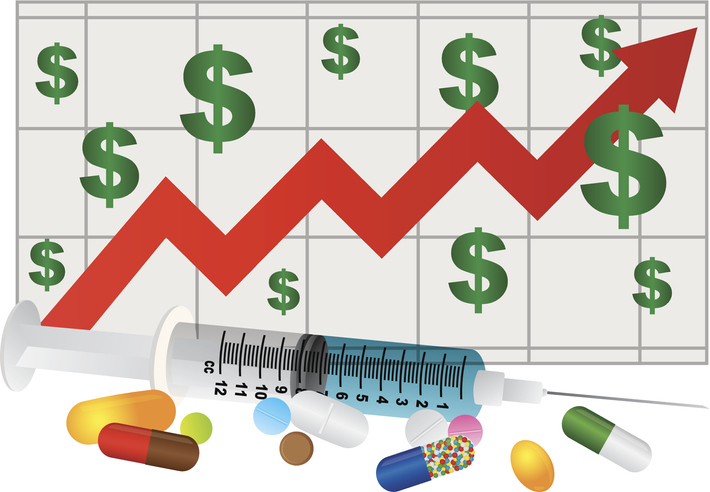
Mark Cuban: Employers Are Unknowingly Profiting From Sick Workers’ Drug Costs
Mark Cuban warned that many employers are collecting drug rebate money funded by their sick employees — a practice that can violate fiduciary duties under ERISA. His company, Cost Plus Drugs, is partnering with organizations like Humana’s CenterWell to create direct-to-employer programs that bypass PBMs and deliver medications at lower net prices.














